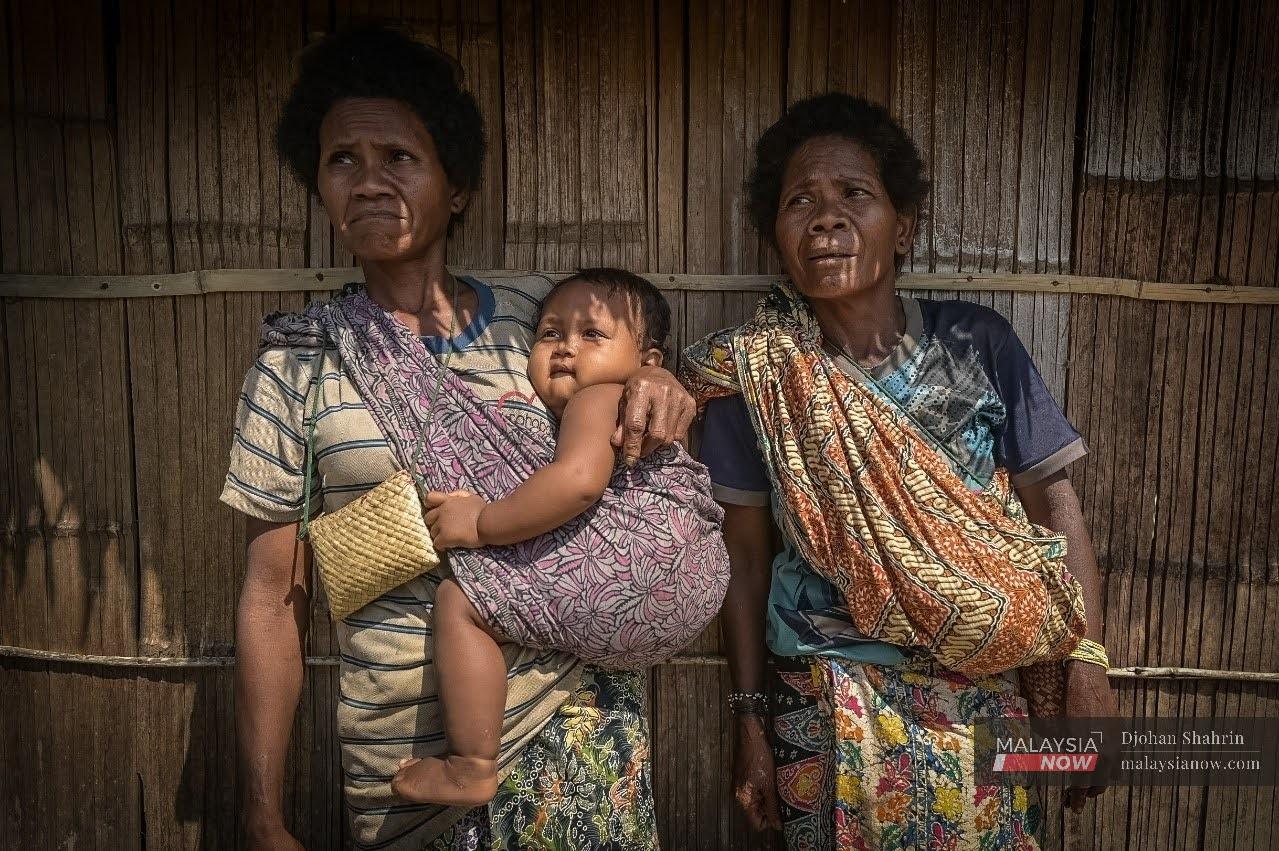Haunted by 2019 deaths, Orang Asli fear the worst as mining activities resume
Three years ago, the village of Kuala Koh lost 14 children after their river water was polluted by manganese mining activities – and they worry that history might repeat itself.
Just In
It’s been three years since she lost two of her children and another two grandchildren, but Som still remembers everything as if it was yesterday.
The four children had gone for a dip in the river near their house in Kampung Orang Asli.
“They went off and then came home not long after,” Som recalled. “After a while, they began to feel unwell. They felt warm and could not eat.”
Not two days later, all four children died.
Others who had gone to the river with them were fortunate enough to be rushed to the hospital.
All in all, 14 children from the Orang Asli community in Kuala Koh, Gua Musang in Kelantan died including Som’s children and grandchildren.
Police said they had died of tuberculosis and pneumonia, a bacterial infection in the lungs. The deputy water, land and natural resources minister at the time, Tengku Zulpuri Shah Raja Puji, said the water was polluted by manganese mining activities.

Dr Wan Azizah Wan Ismail who was then deputy prime minister visited the area, following which the village was equipped with facilities such as electricity and running water.
But three years down the road, the Orang Asli are once again facing the spectre of pollution as the mine said to be the cause of the tainted water the last time around has resumed operations.
The mine, located just several kilometres from the village, started up again towards the end of last year.
With the memory of their children’s death still fresh in their minds, many fear the worst.
Papan, a middle-aged man, lost two daughters in 2019. One was 13 and the other, 15.
“They died here in the house,” he told MalaysiaNow. “Before they died, they said eating their food was like eating poison.
“They also complained that their necks and stomachs hurt.”

The Batek Orang Asli tribe have been living in the village since 2008 on the advice of the Department of Orang Asli Development.
Before that, they lived as nomads, moving about in the forest area of Taman Negara Kuala Koh.
For the past few years, Kuala Koh has experienced logging and oil palm planting activities of an aggressive level which have brought many changes to its natural landscape.
The forest produce such as rattan and roots which they once gathered and sold is nowhere as plentiful as it used to be, either.
Surrounded by plantations instead of forest, their way of life was forced to change as well.

To make matters worse, their village must regularly fend off visits from unwanted guests – a herd of elephants, who, like them, is trying to survive the change in landscape.
A villager named Jes said the elephants had often passed through the area throughout the years but had never disturbed the settlement.
As of late, though, the animals have been venturing into the village itself in search of food.
The villagers worry about what might happen if the huge animals become aggravated.
On the day of MalaysiaNow’s visit alone, the Orang Asli had made two reports about elephant intrusions, once in the morning and the other at night.
But such is life, and the Orang Asli do what they can to get by. Meanwhile, they continue to hope that the mine will be shut down.
For Papan, the biggest disappointment is in those from the village themselves who go there for work.
“We have told them off many times,” he said. “Why would you want to work there when you already know what has happened?”
Subscribe to our newsletter
To be updated with all the latest news and analyses daily.
